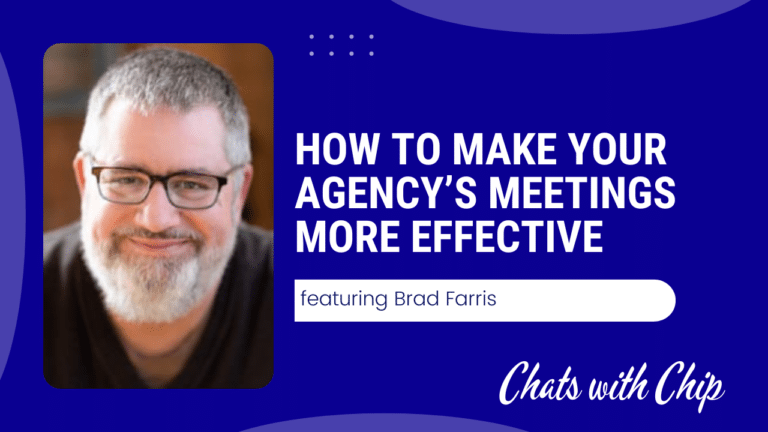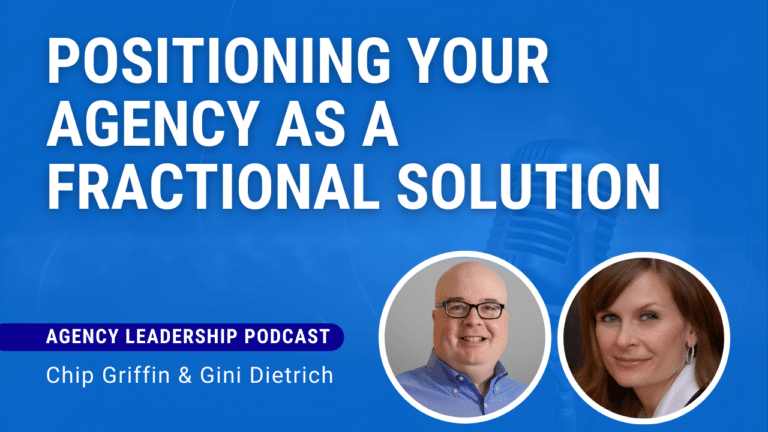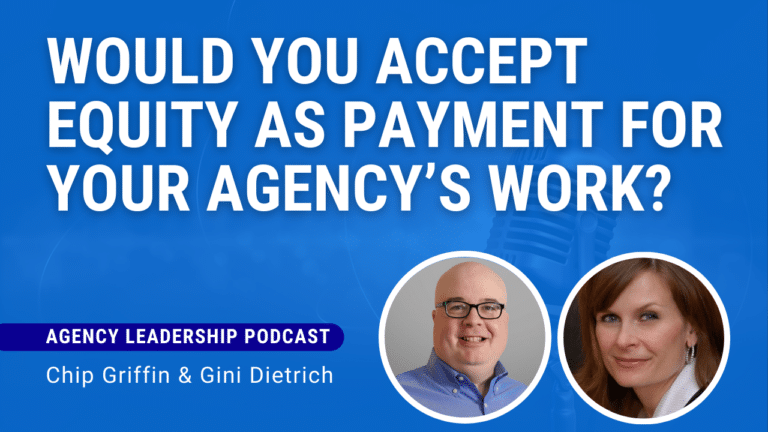If your agency has more than one owner, it’s important to have proper partnership paperwork in place.
Part of that is a solid partnership agreement that addresses governance issues, but you also want to have an agreement about how to handle the purchase and sale of shares in the business. This is often known as a buy-sell agreement or sometimes a member cross-purchase agreement.
Whatever you call it, there are a number of scenarios that such a document needs to cover.
And be forewarned: putting together this kind of document requires a lot of unpleasant thinking.
You need to spend time talking with your partners (and your legal and accounting advisers) about every possible eventuality to ensure you have your bases covered when expected and unexpected events arise.
Events to cover
Here are some of the situations that your buy-sell agreement should be able to handle:
- When one partner wants to leave
- When the partnership wants one partner to leave
- When a partner becomes disabled
- When a partner dies
- When a partner gets divorced
Most of these are probably topics that you don’t want to think about, but they’re all things that could cause significant issues if there’s no clear-cut plan for handling them.
Let’s look at the scenarios that involve voluntary decisions by one partner or the partnership itself.
A single partner might want to retire or simply move on to a different opportunity.
When you own part of the business, it isn’t like a normal employee – it’s more complicated to walk away.
That’s why you need to make sure that you are fully committed before joining a partnership.
When a partner does decide to leave, what is the process for addressing their equity stake?
Unlike a traditional business, most agencies probably don’t want equity sold to a third party. They want it vested in active partners.
So will the agency itself acquire the departing partner’s shares? Is there a right of first refusal to other partners? If so, in what order do those rights circulate?
Is there a mandatory repurchase of the departing partner’s shares or can the partnership allow that individual to continue to hold the equity without buying him/her out?
Pricing the equity
If these questions weren’t tricky enough, you also need to consider how to value the shares.
It’s common for departing partners to believe their shares are worth more than those who will be purchasing them. Part of it is wishful thinking, part of it is optimism, and part of it is a lack of understanding about how to value the business (and thus the individual shares).
There are a few different approaches to setting the value of these shares:
- Mutual agreement at the time of the transaction. This is fine but remember that reaching agreement is easier said than done, so most buy-sell agreements may permit such an approach but usually have a fallback plan for disagreements.
- Independent third-party valuation. This may be the most equitable, but it can also be costly.
- Formulaic valuation. Some buy-sell agreements stipulate a set formula (like a multiple of revenue or profits). This is simple, but may also give an erroneous valuation, especially if the business is trending up or down.
- Annually-agreed valuation. The partners could agree each year to set the value of the business. This approach can work out nicely but should have a fallback plan in the event a current valuation is not on file – either because a deadline was missed or because the partners could not agree.
Of course, all of this is more contentious if the partnership is trying to remove a member rather than the member leaving on their own.
Be sure that your documents lay out any difference in these two scenarios.
The 3 D’s
Now what about the completely involuntary situations outlined above? In the event of one of the 3 D’s (death, disability, or divorce), there can be a lot of pain involved beyond the business realities.
In some respects, death can be the easiest to handle – especially if the partnership has taken out company-owned “key man” life insurance policies that can help fund any necessary buy-outs.
The other two are much more difficult. Disability can be murkier, especially if it is not absolutely certain that the disability is permanent. Defining how/when to invoke that clause can be an important part of the partnership documents.
Then there’s divorce. Many partnership agreements don’t explicitly cover divorce – either because they don’t understand how it might impact the partnership or because of simple oversight.
Yet divorce can wreak havoc on a partnership, so it’s best to contemplate how you want to handle those events. Does the partnership get a right to buy out a partner at that point? Is it automatic? How else can you handle it?
Payment Terms
For all cases, but especially those related to any mandatory repurchase scenarios like the 3 D’s, you may want to specify payment terms.
Consider the situation where a partner in the agency unexpectedly passes away. That likely has a real impact on the overall business because most agency partners are actively engaged in the day-to-day operations.
You need to replace that individual’s productivity, but now may also be on the hook to buy out their equity — all while struggling with the personal and financial pain that the loss may cause.
Laying out a pre-defined payment plan for these situations can often help to ensure that the business remains viable after such a difficult situation.
The payment plan should be something that the agency could likely handle out of cash flows and any key-man life insurance, while also being fair to the partner or their estate.
Preparation makes difficult situations easier
None of this is fun. Buy-sell agreements typically get called upon when challenging events happen.
The time it takes up front for partners to agree on how to handle these eventualities will make any such event in the future easier to handle.
It also tends to lead to some very productive conversations about the future of the business and when done well can strengthen the bond between the partners.
If you’re going to have business partners, you need to invest in this process for the health of your business and the financial security of all of the individuals who have joined together to forge the enterprise.
Want to see what a real buy-sell agreement looks like? Members of the Agency Leadership Council get free access to a sample template.











